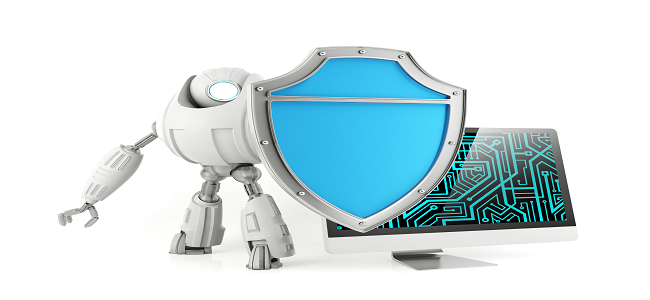
Small businesses rely on technology as much as larger firms do. Unfortunately, many small business owners still believe that they’re safe from being attacked by hackers since these cybercriminals could always go after a giant company. That is never the case in reality, though. A small firm’s ordinarily lax data security policies make them a better and easier target for skilled hackers.
What organizations must keep in mind is that the protection of business and customer data should be a primary goal, no matter how big or small they are. They cannot afford to take cybersecurity lightly because a successful attack could lead to catastrophic results. To do so, it’s important that they know how they can navigate the world of digital security risks and dangers, as well as the right solutions for each.
Here we’ve gathered a few tips on how a small business can improve and strengthen its cybersecurity measures. Read on.
Establish Clear Security Protocols
Companies, regardless of their size, should have a detailed plan for protecting their network and hardware, as well as the right software to use for their specific IT setup. Especially for businesses that handle sensitive information such as financial, legal or medical data, here are a few things to think about:
- How often should system updates and scans run?
- Which company information is sensitive?
- How should this information be handled?
- Does the antivirus best work with computers and operating systems being used?
- Who should have admin privileges?
Assign Employee Responsibilities and Nurture Their Growth
Because of limited resources and budget, many small business owners tend to take on more than their share of responsibility. However, it is for the greater good if they can focus on growing their organization and delegate other tasks to different staff members. By assigning specific responsibilities, employers are providing their workforce with opportunities to advance their career, automatically increasing employee satisfaction and loyalty. This then results in them being more proactive in helping to protect their company’s data.
Limit Access
Companies should determine who can and cannot access sensitive information. The ability to access confidential data and make system changes should be limited to those staff members whose job descriptions require it. Employees should have different privilege levels for different roles that must be followed. Layered security is proven to help keep an organization’s most sensitive data safe even if there’s an ongoing security breach.
Understand What BYOD Means for Your Business
Bring your own device or BYOD is a practice prevalent among companies of all sizes that allows employees to enjoy the convenience of using their personal devices to help with their work. Although it benefits employers in a way where they no longer have to buy expensive technology, this trend also comes with added risks. They should establish strict policies regarding BYOD security since unsecured devices are easy targets for hackers to compromise.
Take Advantage of Cloud Security
Cybersecurity is a full-time job, which is why it’s understandable for smaller companies to not have the time or resources required. Fortunately, they can now turn to cloud service providers that offer built-in security protections, as well as the best cybersecurity practices.
Don’t Leave Papers and Documents Lying Around
While hackers typically steal sensitive data and information through the Internet, remember that they can also do so through a more old-fashioned way — hardcopies. Paper documents that contain sensitive company information are one of the easiest ways for malicious actors to exploit. As such, it is essential for every organization to implement policies for making sure employees dispose of sensitive printed information properly.
Hire a Hacker
As ridiculous as it may sound, there are ethical hackers a company can hire to see whether their antivirus best works during an attack. These kinds of hackers use the same techniques as actual malicious actors and special network penetration tools to discover and repair network vulnerabilities. They can generate recommendations from their results, which help an organization to improve their cybersecurity.
Conclusion
While it’s true that newer and more complicated cybersecurity threats emerge every day, successful protection of an organization’s valuable data, information, money, and integrity are never out of reach. As long as small business owners understand the threats of the digital domain, they can modify and improve their strategies in warding off hackers and bad actors.
If you want to protect your computer and critical files from hackers and criminals, consider using Comodo Internet Security. It scans and blocks viruses, malware, spyware, rootkits, and more. We also use sandbox technology to completely isolate untrusted files from the rest of your computer. Protect your computer from prying cybercriminals and use Comodo.
Related Resources






